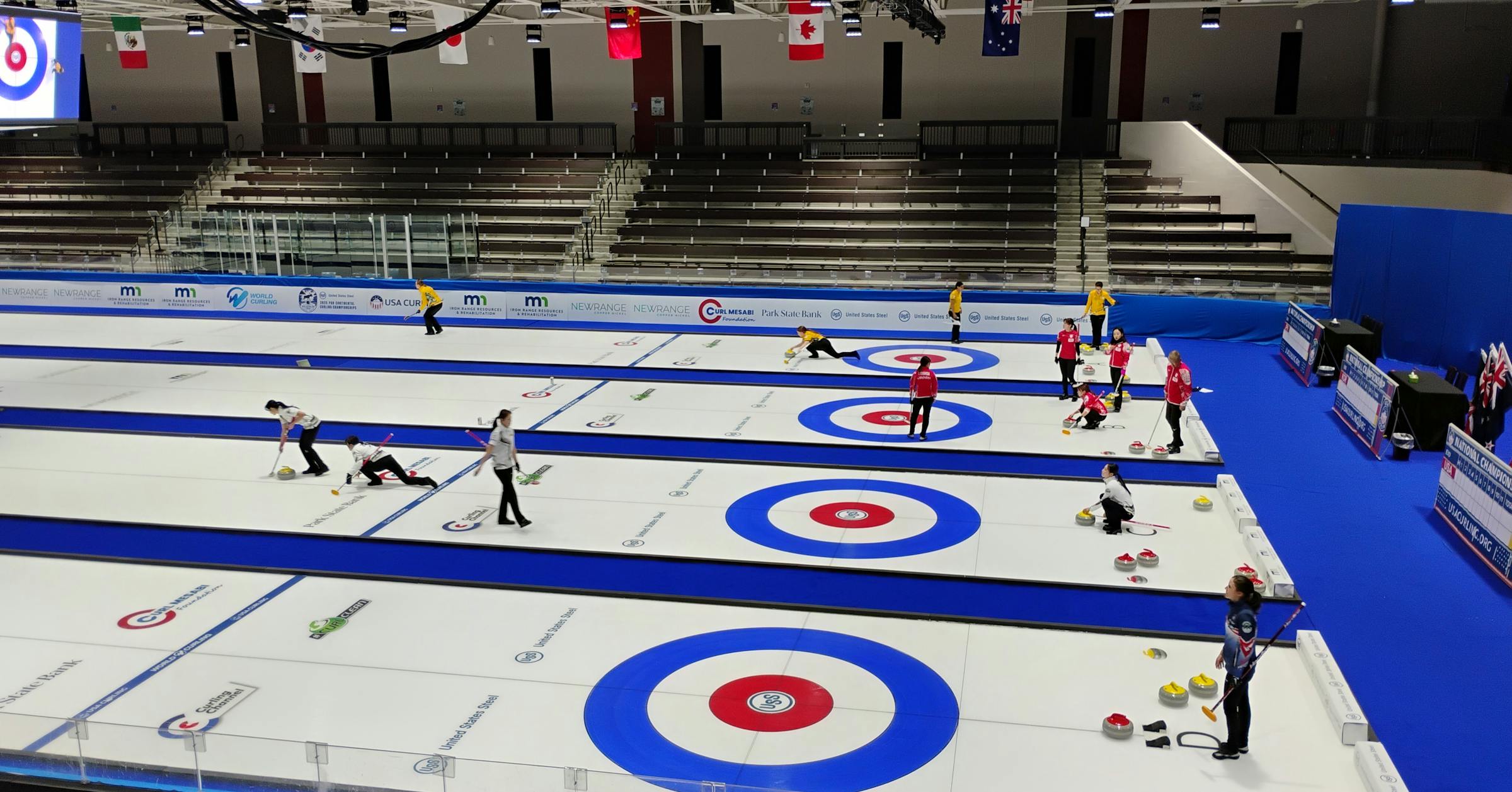Copyright startribune

Opinion editor’s note: Strib Voices publishes a mix of commentary online and in print each day. To contribute, click here. The Pan-Continental Curling Championships wrapped up last weekend on Minnesota’s Iron Range. Curlers from across the world converged in Eveleth and Virginia, Minn., marking the first time this world-qualifying event was held in the United States. Fittingly, a Minnesota-led U.S. team and Canada faced off in the men’s Gold Medal game Sunday. That’s typical. Minnesota and Canada share a deep history with not only curling, but also ice hockey and snowmobiling. This relationship runs much deeper than sports and recreation, however. Minnesota exports about $7.5 billion in goods and services to Canada, including agricultural products, iron ore and manufactured goods. Conversely, Minnesota imports about $14.7 billion from Canada, about two-thirds of which is oil, gas and hydroelectric power. Unfortunately, the greatest tension these days isn’t who wins on the ice, but rather what new tariffs might be levied on Canadian goods by President Donald Trump. The issue is boiling over again. On Oct. 23, Trump suspended trade negotiations with Canada. On Oct. 25, he announced an additional 10% tariff on Canadian goods. This comes on top of tariffs of up to 50% on many Canadian products implemented earlier this year. Trump did this because he got mad at a TV ad released by the province of Ontario that was set to run during the World Series. The spot shares audio from a 1987 radio address by former U.S. President Ronald Reagan. In the speech, Reagan criticized the use of tariffs, arguing that their long-term effects hurt Americans by reducing jobs and raising costs.



